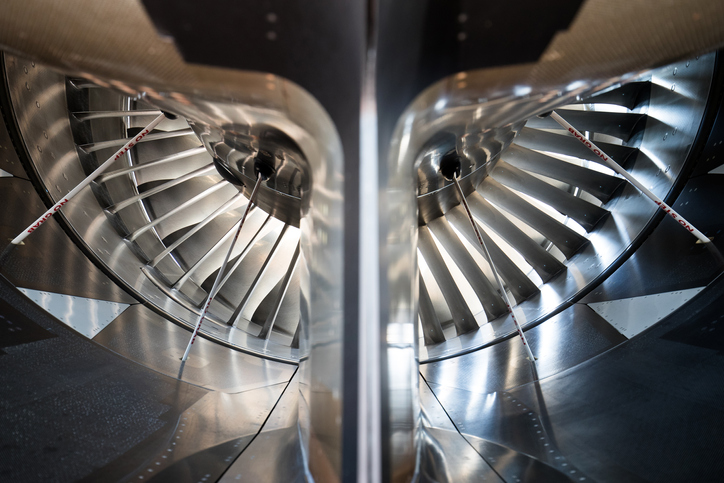Copper is well known for its electrical and thermal conductivity. It’s often used for electrical wiring purposes and electrical contacts for small and large applications. This metal is also considered a very soft material, as its malleability allows it to be worked into wires and cables. To add strength without impacting its ductility, magnesium is added into the metal. Magnesium also provides deoxidizing qualities to copper alloys.
Magnesium Removing Impurities and Adding Strength to Copper
When magnesium is used as a deoxidizer, it helps to remove impurities in nickel-based alloys as well as gases that can negatively impact the melt. The magnesium helps to separate the impurities and bring them to the surface.
This element also helps to increase the strength of copper. Cold working treatments are used to help strengthen the copper, as it is formed and rolled. Another key advantage to magnesium is that it will not impact the positive characteristics that are present in copper. The electrical conductivity and corrosion resistance in copper is enhanced by the magnesium.
Applications for Magnesium and Copper Alloys
Most of the applications that have copper alloys with magnesium added focus on wire and cable features due to the conductivity and tensile strength of this alloy. It is used to create telecommunication cables, conductor wires, and connector wires. Copper is also used as the pins on electrical cords to form connections.
The automotive industry heavily relies on copper and magnesium alloys when creating vehicles. Automotive switches, relays, wire harnesses and cables are used in the electrical systems. For the train industry, copper and magnesium is formed into contact wires for high speed trains.
Catenary cables to provide lighting features also rely on copper and magnesium alloys. Since the wire hangs down at intervals, the copper and magnesium adds addition tensile strength for needed support, especially when used for outdoor applications.
Fabrication Benefits
Magnesium added to copper has several excellent fabrication capabilities. While it cannot be used in welding applications, it can be used in soldering and brazing. It can also be used for hot formability and cold formability fabrications. Copper with magnesium is commonly formed to create wires and cables for a wide range of industries.
Obtaining Copper Alloys from Belmont Metals
Our company offers numerous copper alloys that also have magnesium added to provide a high quality product with enhanced strength and mechanical properties. To learn more about the copper alloy products that we can provide, and which ones would be appropriate for your applications, speak with our engineers today. We will learn more about your specifications and manufacturing processes to help you select the alloy metals that would be appropriate for the developed product.

